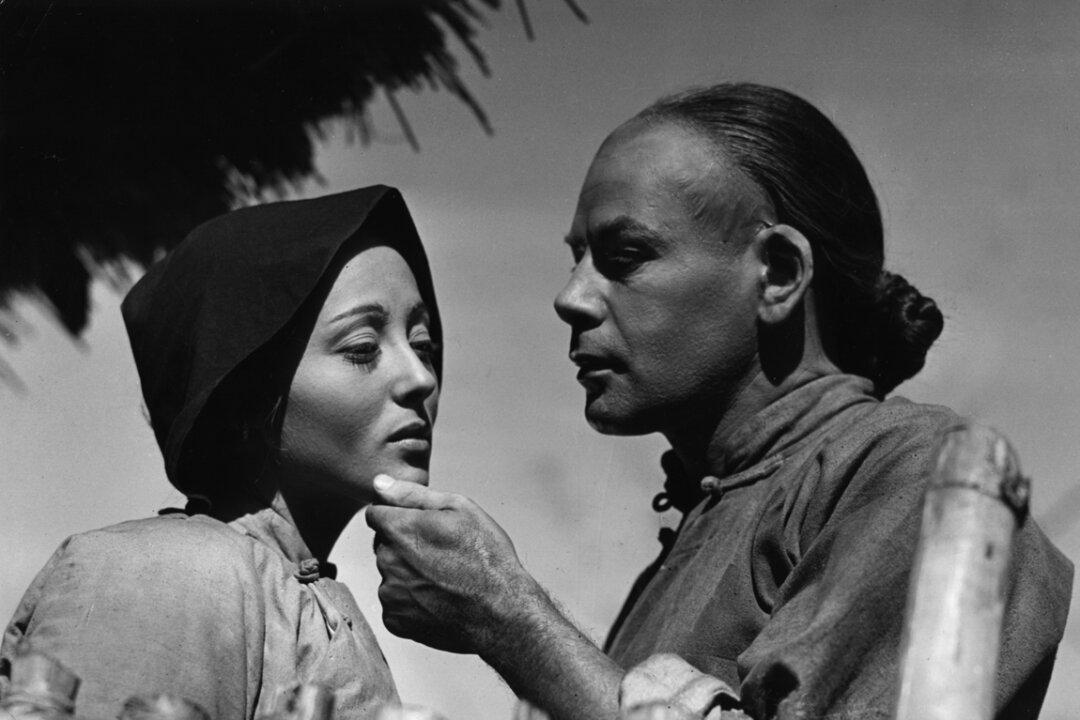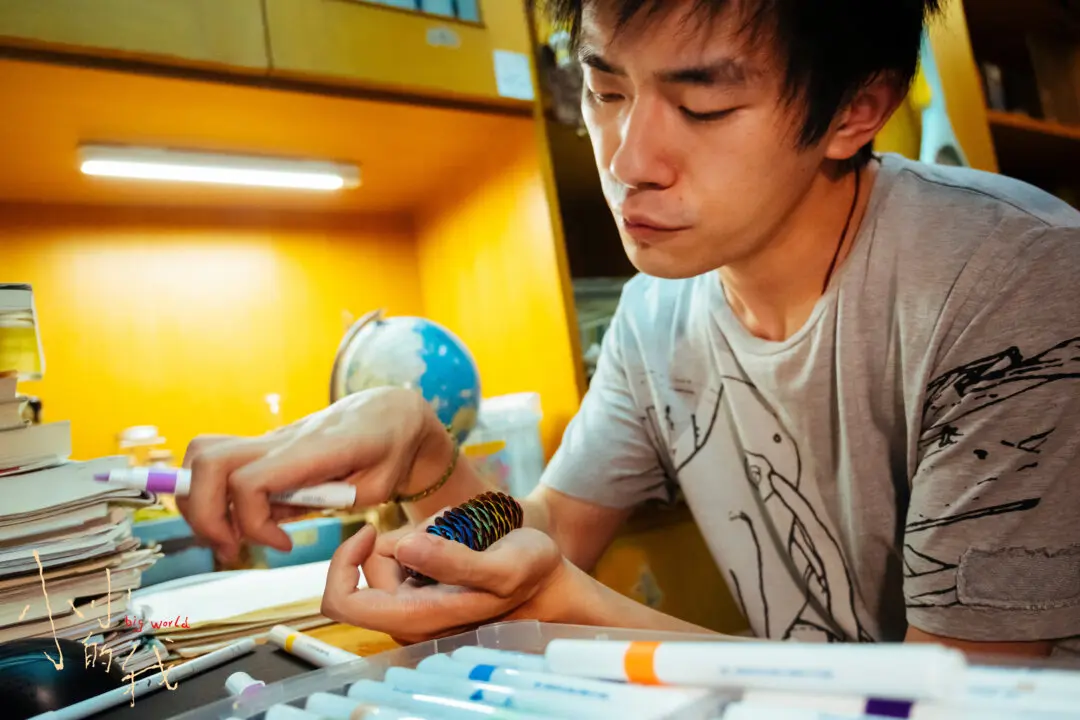NR | 2h 18m | Drama | 1937
Producer Irving Thalberg’s introductory text reads, “The soul of a great nation is expressed in the life of its humblest people. In this simple story of a Chinese farmer may be found something of the soul of China—its humility, its courage, its deep heritage from the past and its vast promise for the future.”





